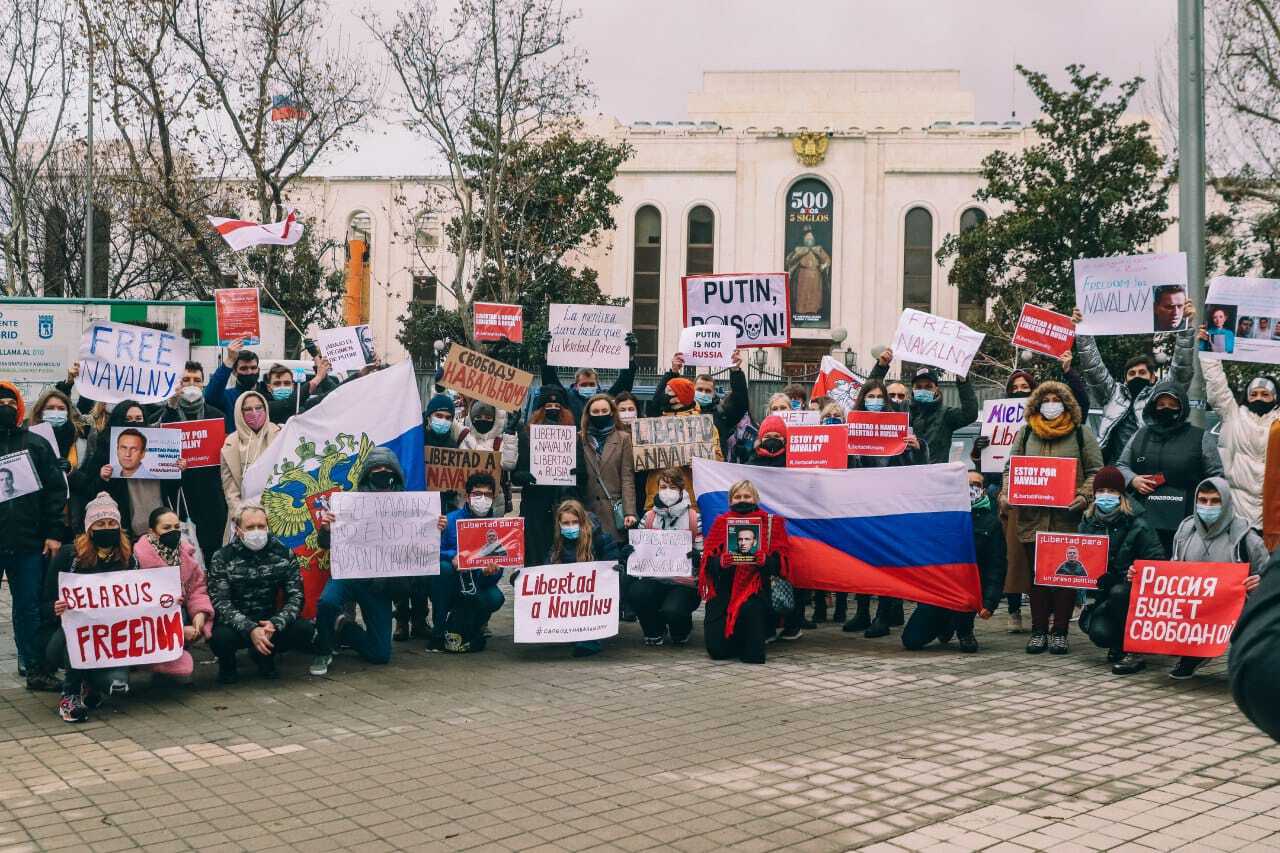Over the last month, farmers have been protesting all over India against three new laws that were introduced by the government at the end of last year. Since the protests started, government officials have met with union leaders on multiple occasions. They are yet to reach an agreement regarding the future of these laws.
Agriculture is the largest source of livelihood in India. In fact, about 70% of rural households still depend on it. Of this group, small and marginal farmers compose 82%. Today, India is the largest producer, consumer, and importer of pulses in the world. However, its reliance on its agricultural sectors has been in steady decline. Today, the farming sector only contributes about 16% of the GDP.
The protests started in the state of Punjab and Haryana, where farmers marched towards the country’s capital, New Delhi. These protests were met with huge resistance from police officers. They were fully armed and had barricaded the state lines. The police sprayed the protesters with tear gas and water cannons.
What are the new laws?
There were three new laws introduced: the Farmers’ Produce Trade and Commerce (Promotion and Facilitation) Act, the Farmers (Empowerment and Protection) Agreement on Price Assurance and Farm Services Act, and the Essential Commodities (Amendment) Act.
These laws remove the previous restrictions on corporations that buy land and stockpile commodities after a certain level. They let businesses bypass mandis (smaller markets where the farmers sell their produce) and directly buy directly from the farmers, which is less subject to regulation. They do not get rid of the guaranteed minimum prices, and also outlaw stubble burning, which the farmers demand be reversed despite its major environmental benefits.
While experts agree that the reforms are necessary, many criticize the way they were created, passed, and imposed. They were set at the height of the pandemic in September, with a short parliament session and a parliamentary maneuver to push them through the upper house. Additionally, there was no consultation from any farmers or farmer unions while creating these laws.
Why are the farmers opposed to them?
The farmers believe that the mass privatization will lead to lower prices and open the door for the corporate takeover of the smaller farms. They fear that these corporations will force them off their land and out of business.
They view the current market as rigged. They feel like they do not have the means to negotiate with big corporations as equals. After the implementation of these laws, state governments will not be able to collect market fees at the mandis. This will leave them with no choice but to comply with the big corporations.
At the very least what the farmers want is a guarantee that they will receive the minimum price for their produce that was promised. As many as 80% of the farmers do not receive this.
What is being done?
The protests helped bring the government to the table to talk with union representatives. There have been multiple rounds of talks between the two sides, but there has been no resolution. After talks with Home Minister Amit Shah failed, the government offered plans to make amendments. Farmer union leaders have rejected all proposals, saying they would settle for nothing less than the removal of the laws completely.
The government has rejected the idea of repealing the laws completely. But, they have agreed to incorporate the minimum prices for some crops into the law.
Given the response that these laws have had, the Supreme Court has put the implementation on hold. They ordered a formation of a committee of experts to help resolve the issues.
What effects have the protests had?
Farmers marched towards the capital, choking the streets of Delhi, which raised pressure on the government to act. Protests that started in the northern states of India spread towards the south as well. Farmers set up protest camps in solidarity on the outskirts of Delhi.
These protests come at a time when the capital is already trying to control the rising rates of COVID-19 deaths and worsening air pollution. Farmers burnt their stubble as a form of protest. Satellite data showed that this year’s farm fires were the worst in the last four years. Many farmers claim that burning their crops is also the only way to dispose of them since the government has offered no alternative. The Minister for the Environment said that the farmers will stop burning once they have an alternative.
These protests have had international implications as well. Canadian Prime Minister Justin Trudeau expressed concern regarding these protests on a Facebook Live session. India’s Foreign Ministry called this an “unacceptable interference”, as they met with the Canadian diplomats and said this put their relationship at risk.
Photo: Ravi Choudhary






